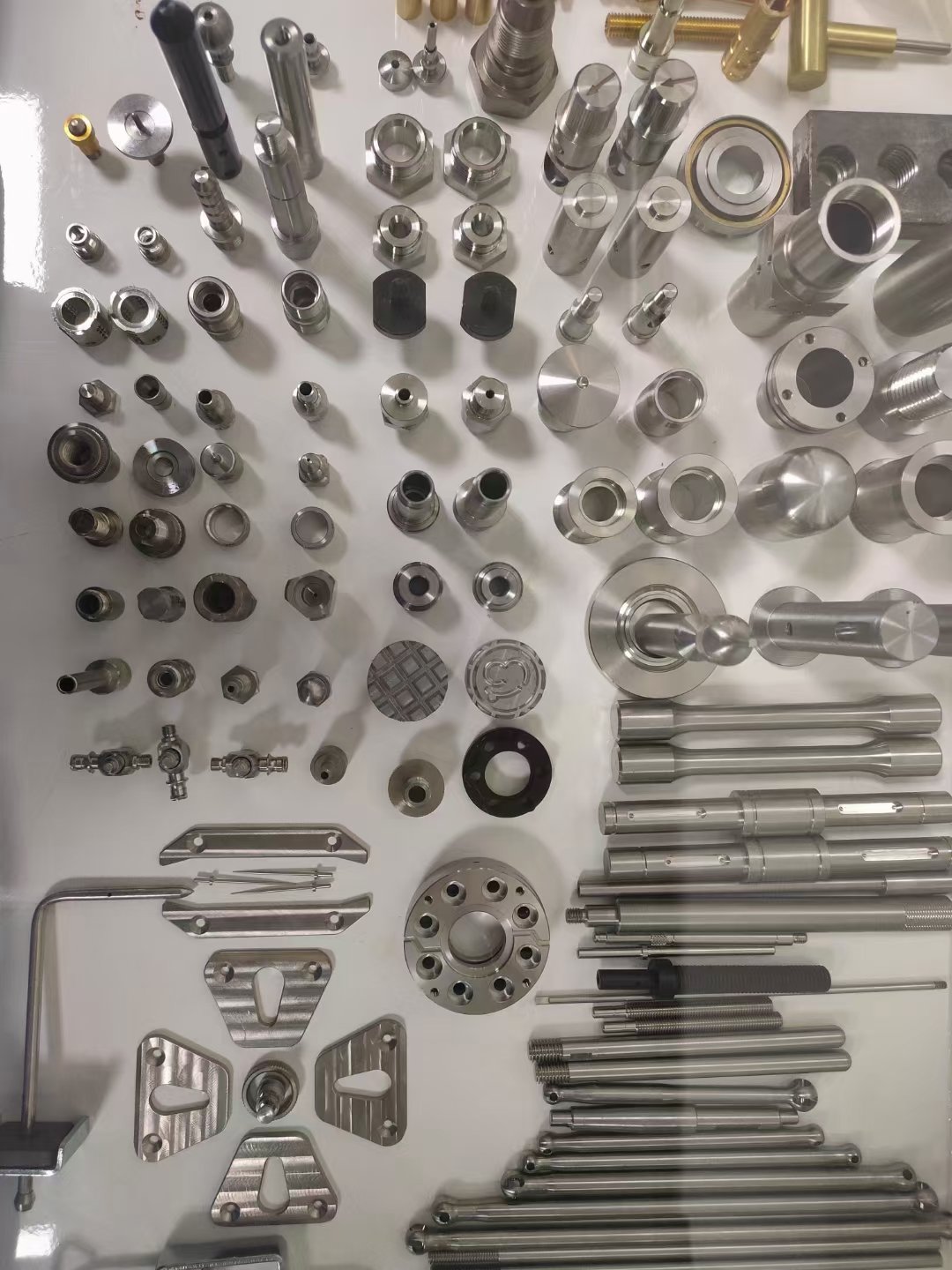When it comes to medical device manufacturing, the selection of biocompatible materials plays a critical role in ensuring safety and performance. Jupaicnc, a leading name in the field of CNC prototyping for medical components, understands the complexities involved in choosing the right materials for medical device machining. With years of experience in medical components prototype machining, Jupaicnc delivers high-quality solutions tailored to meet the stringent demands of the medical industry. In this guide, we will explore the key considerations and best practices for selecting biocompatible materials when prototyping medical devices using CNC machining techniques.

Medical devices, from surgical tools to implants, must adhere to rigorous standards to ensure they do not cause adverse reactions in the human body. This is where biocompatibility becomes crucial. Biocompatibility refers to the ability of a material to perform with an appropriate host response when implanted or used within the body. During the CNC prototyping process at Jupaicnc, the materials chosen must meet these essential biocompatibility standards, ensuring the safety and reliability of the final medical components. The right material selection is not only essential for patient safety but also impacts the performance, durability, and regulatory compliance of the device in question.
One of the primary factors influencing material choice in medical device CNC prototyping is the specific application of the device. Different medical devices have unique functional requirements and will be exposed to varying conditions such as heat, stress, and chemical reactions within the body. For instance, orthopedic implants must be able to withstand mechanical loads, while surgical instruments need to be corrosion-resistant and easy to sterilize. At Jupaicnc, our expert engineers collaborate closely with medical device designers to determine the most suitable material, considering factors like mechanical properties, corrosion resistance, and long-term stability. Stainless steel, titanium alloys, and certain polymers are commonly used in medical device manufacturing due to their excellent balance of biocompatibility and performance characteristics.
In addition to the mechanical and physical properties of materials, another vital consideration is their ability to be precisely machined. CNC prototyping, known for its ability to deliver high accuracy and intricate designs, is often the preferred method for producing medical components. However, not all materials are equally suitable for the CNC machining process. Some materials, such as titanium and certain advanced polymers, can be challenging to machine due to their hardness or tendency to deform under high temperatures. Jupaicnc’s skilled machinists use advanced techniques and specialized tools to overcome these challenges, ensuring that each medical component prototype is produced to exact specifications without compromising material integrity.
Another important factor when selecting materials for medical device prototypes is their regulatory compliance. Medical devices must meet stringent standards set by regulatory bodies such as the FDA in the United States and the European Medicines Agency in Europe. These organizations enforce specific requirements related to material safety, sterilization processes, and overall device performance. For materials used in CNC prototyping, it is essential that they comply with these regulations to avoid costly delays in product approval or potential risks to patient safety. Jupaicnc ensures that all materials used in medical device prototyping are fully compliant with international regulatory standards, providing clients with peace of mind as they move through the product development cycle.
Furthermore, considerations such as cost, availability, and ease of sourcing must also be factored into the material selection process. In some cases, exotic or highly specialized biocompatible materials may offer exceptional performance, but their high cost or limited availability could make them impractical for mass production. At Jupaicnc, we work closely with our clients to balance material properties with budgetary constraints, identifying solutions that provide the best value without sacrificing quality or performance. In many cases, standard materials like 316L stainless steel or PEEK (Polyetheretherketone) can deliver excellent biocompatibility and performance while remaining cost-effective for both prototyping and production runs.
The process of selecting biocompatible materials for medical device CNC prototyping is highly complex and requires a deep understanding of material science, machining capabilities, and regulatory requirements. At Jupaicnc, our experienced team of engineers and machinists ensures that each medical component prototype is crafted from materials that meet the highest standards of safety, performance, and compliance. By utilizing the latest CNC machining techniques and working closely with our clients, we are able to deliver prototypes that are not only functional but also capable of advancing the development of life-saving medical technologies.
